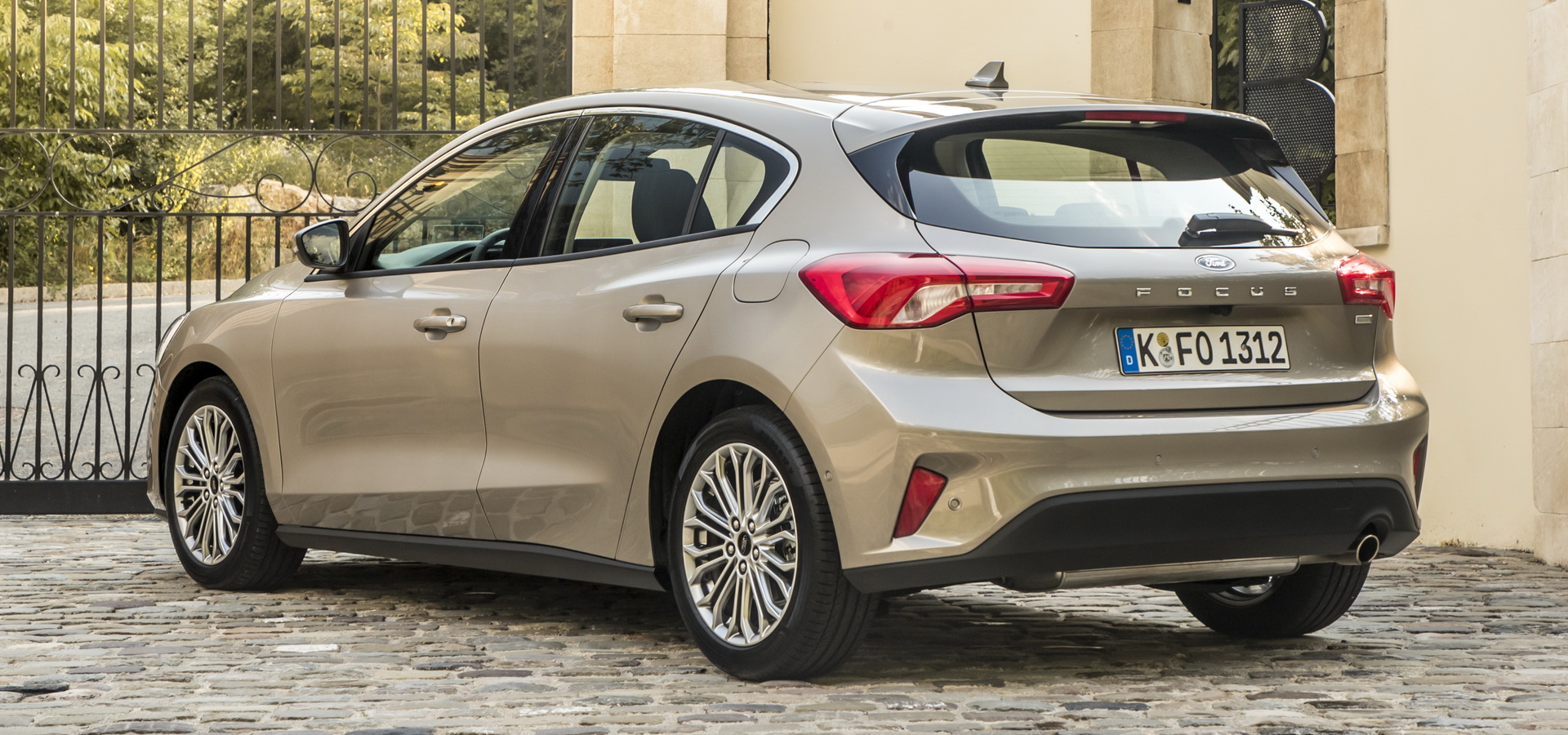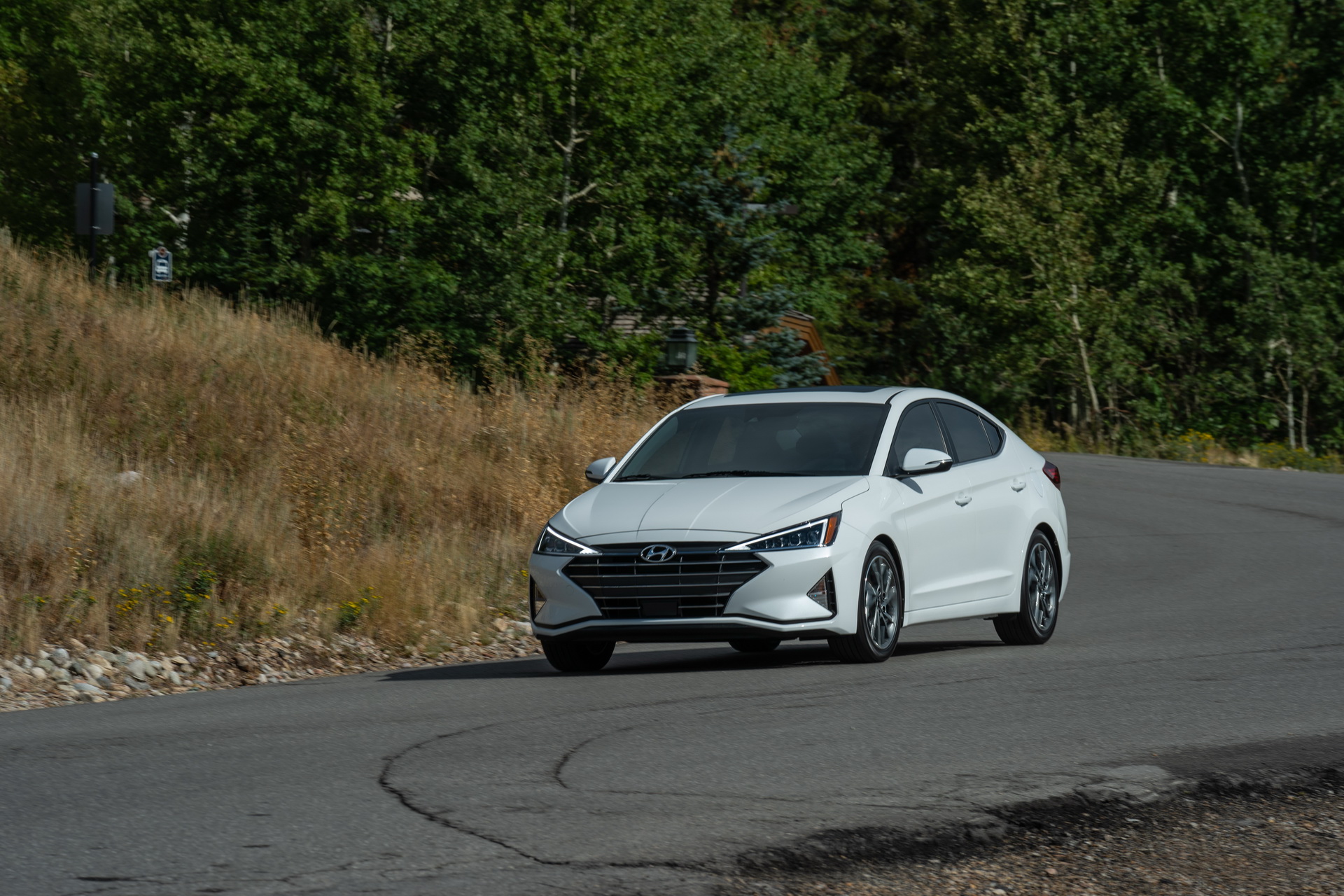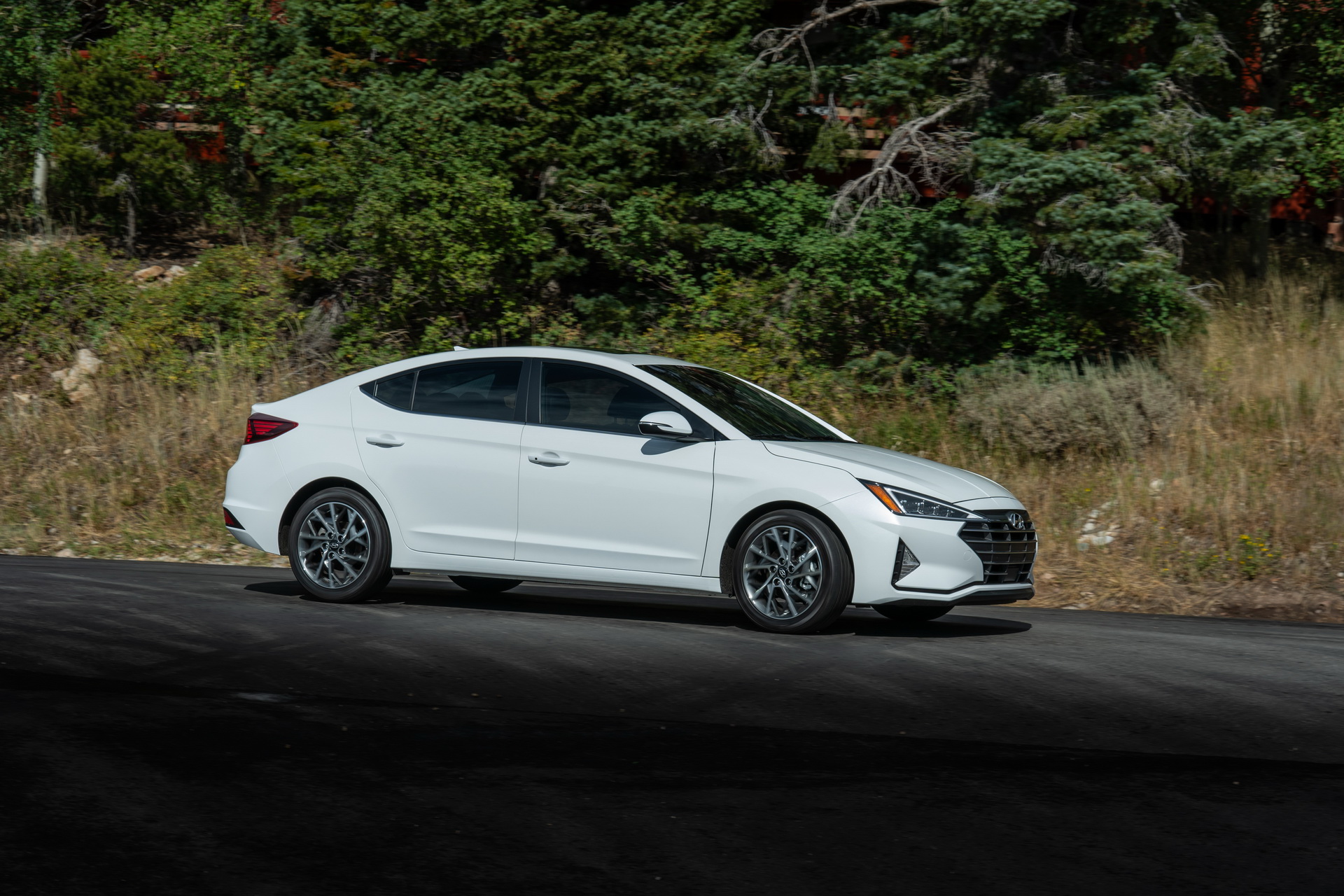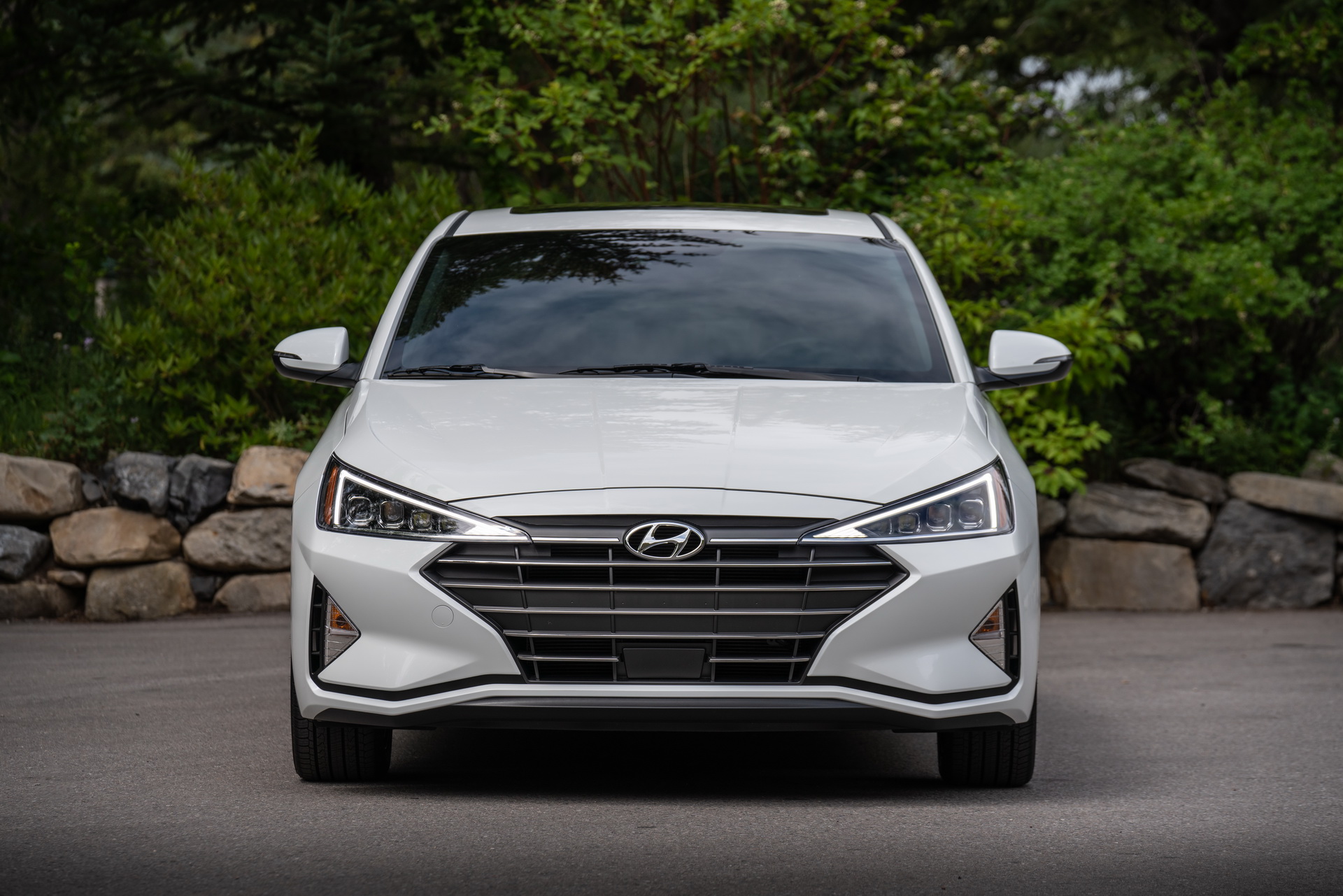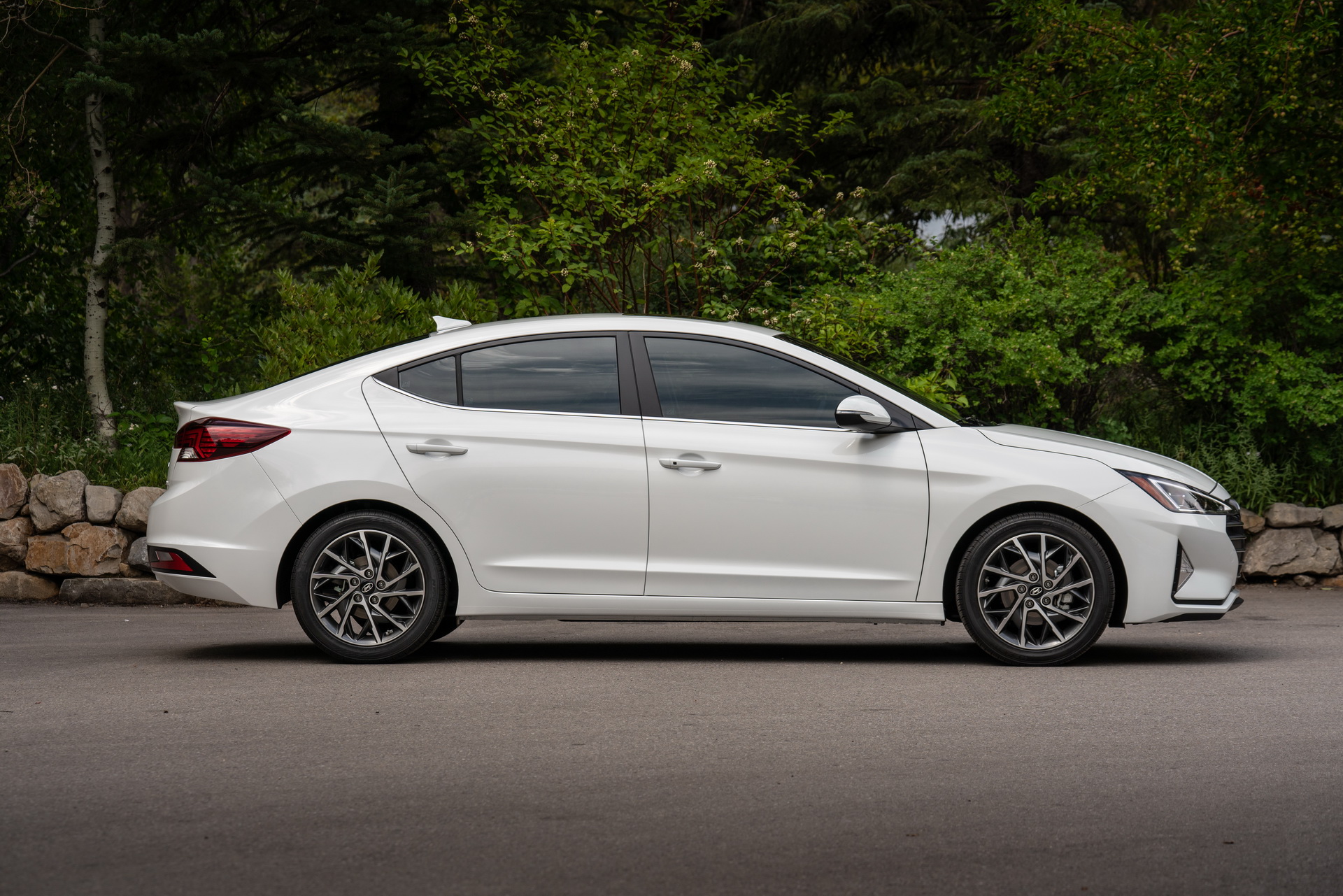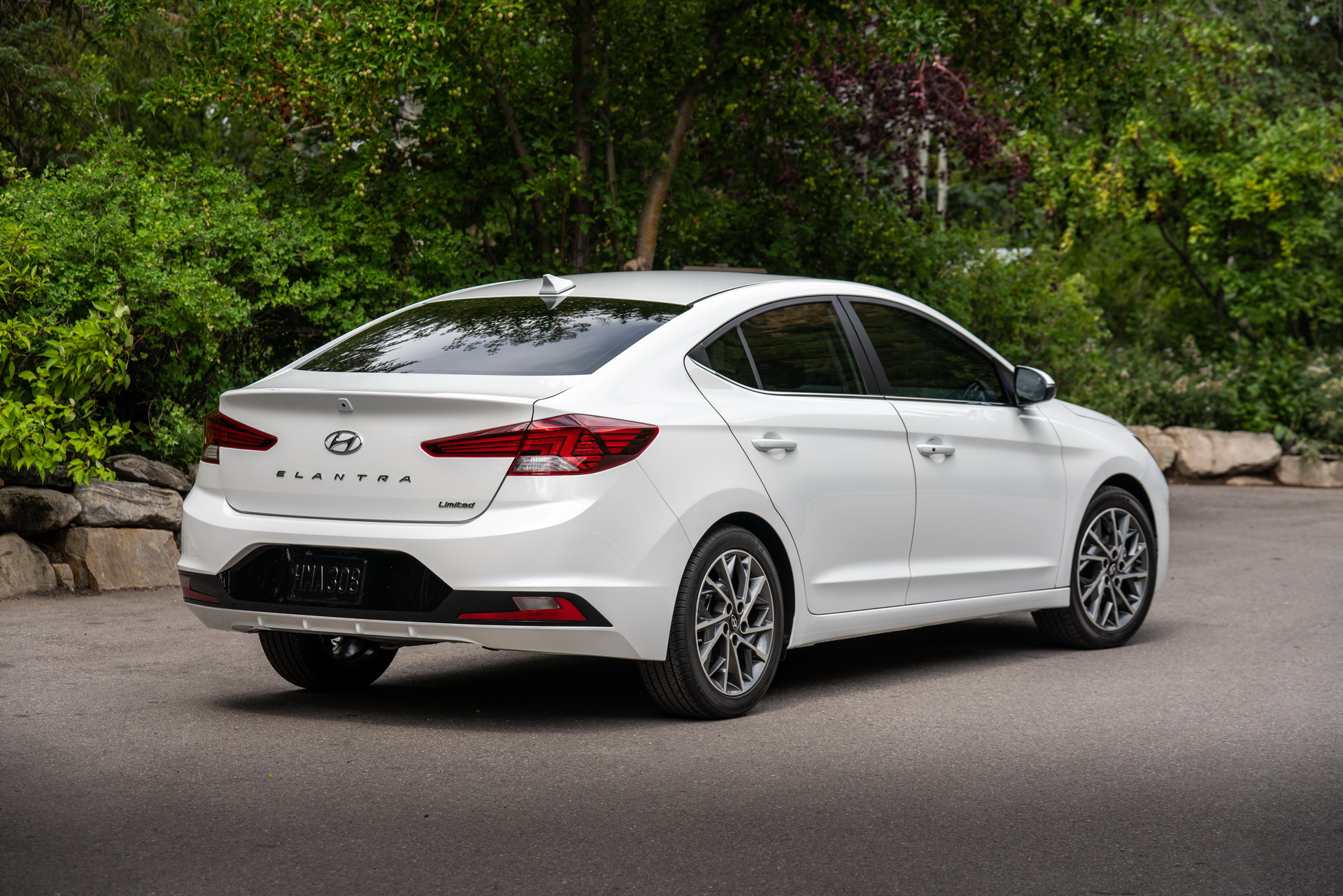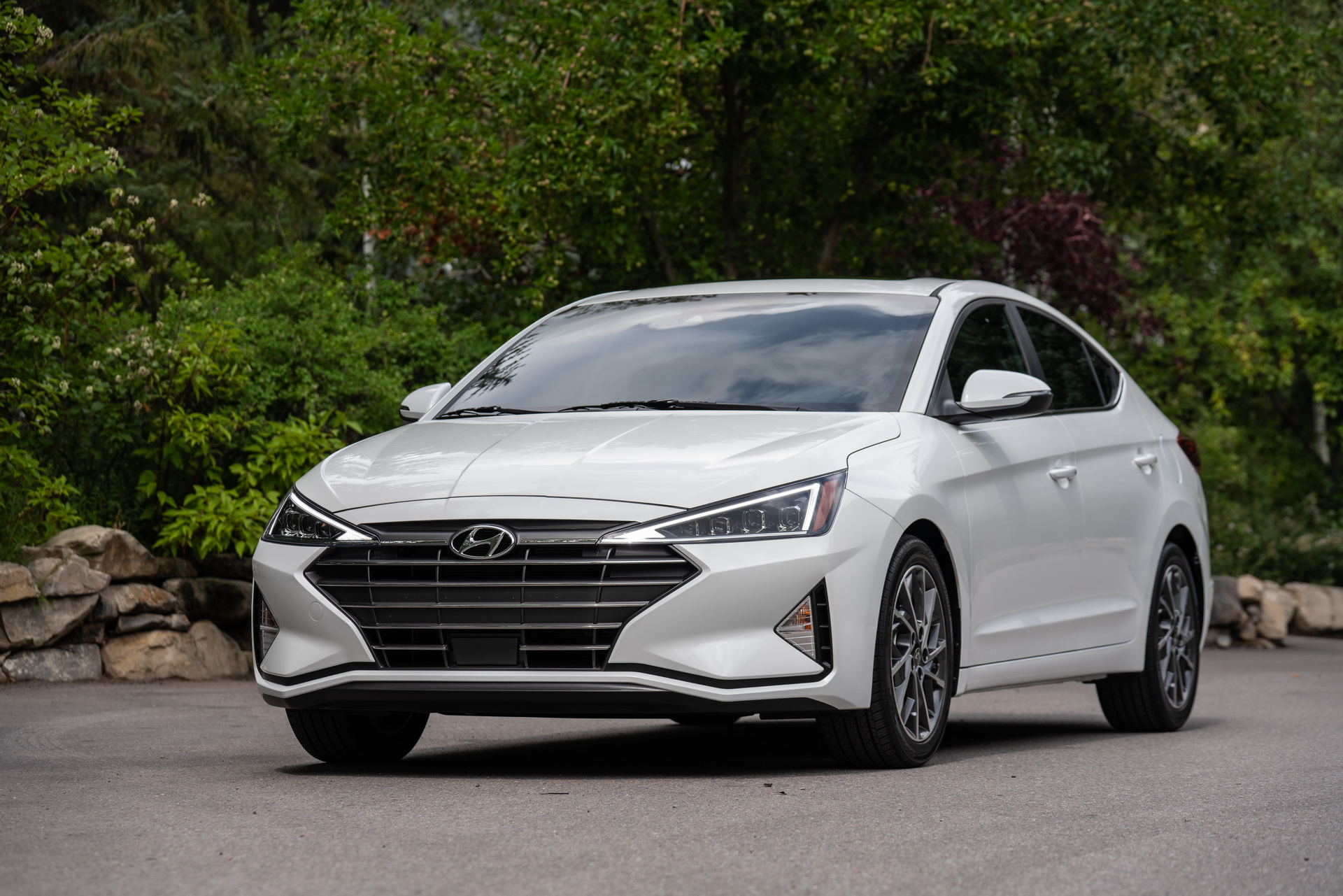Decisions from Ford and Chevrolet to leave the compact car segment in the United States has proven to be a blessing for a number of Asian automakers, particularly Hyundai, The Detroit News reports.
According to an industry study by Edmunds, 42 per cent of Ford Focus and Chevrolet Cruze owners have stayed in the compact car segment and many of them are now buying vehicles from Ford’s and Chevrolet’s competitors.
“There are 6.5 million car owners who do not have a successor sedan for them from their manufacturer,” Hyundai vice president of product planning Mike O’Brien said during a recent media test of the new Sonata. “Forty-four percent of those say they want a sedan, so if you look at the raw numbers, there are still a lot of buyers out here.”
Also Watch: 2019 Hyundai Elantra Sedan Is An Excellent Choice In The Compact Class
Sales of the Hyundai Elantra have jumped by 102 per cent this November compared to the same month in 2018, and it’s believed that Ford and Chevrolet’s exit from this segment has contributed to the sales growth. In a similar vein, Focus owners trading in their cars to buy another Ford has decreased from 40 per cent in 2016 to 33 per cent in 2019 while over at Chevrolet, just 45 per cent of Cruze owners are trading in their cars for another Chevy, down from 57 per cent in 2016.
Elsewhere in the U.S. market, the Honda Civic has picked up 4 per cent of Focus buyers while the Toyota Corolla has snapped up 3.5 per cent. Furthermore, Chevrolet Cruze trade-ins for Civic and Corolla models have nearly doubled from 2016 to 2019.
It’s not all bad news for Ford and Chevrolet, though. So far this year, 18 per cent of Focus owners have traded in their vehicles and upgraded to a more expensive Ford SUV, while 21 per cent of Cruze owners have traded up for a Chevrolet SUV, just like the car manufacturers had hoped they would.
“Ford and GM made a strategic decision to prioritize profit at the expense of market share,” said Edmunds auto analyst Jessica Caldwell. “While this may set them up better in the long run so they have the cash they need to fund electrification and autonomy, there’s no question that decision is giving their competitors an edge now.”




